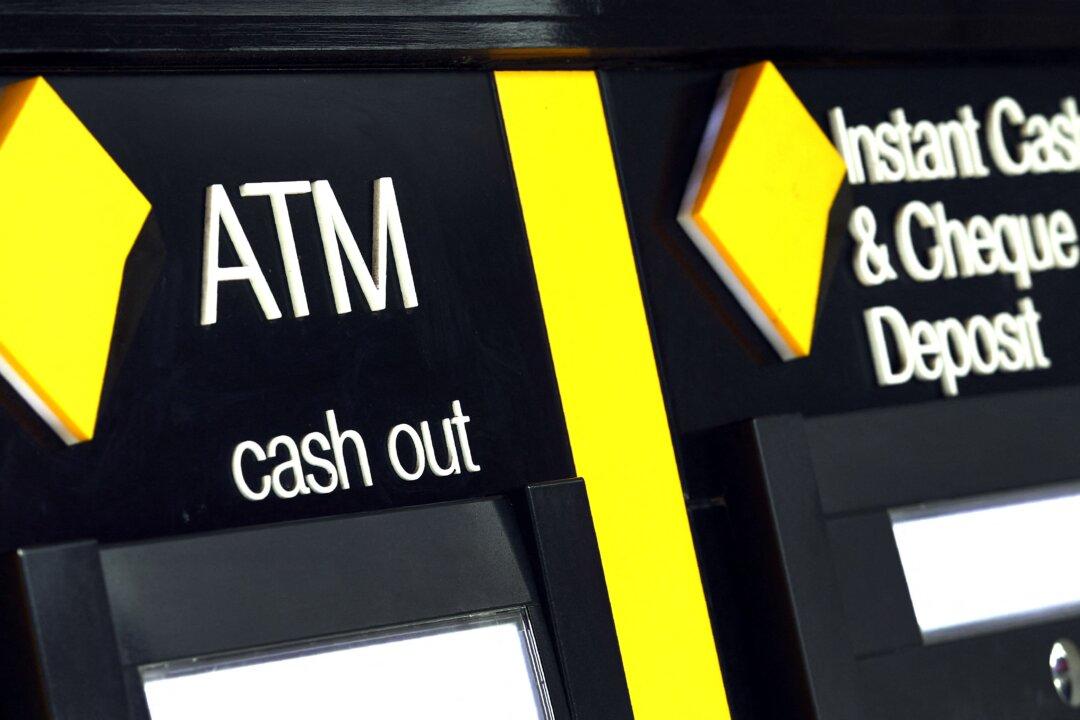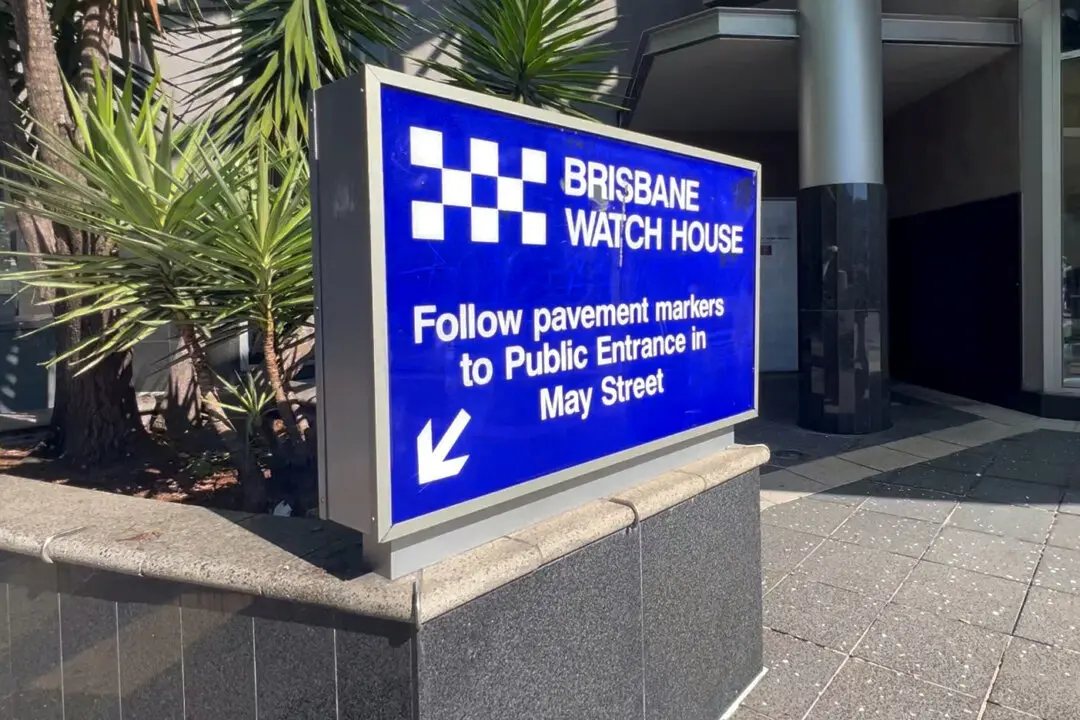The CEO of the financial crime watchdog has sought to clarify the extent to which banks should be asking customers for details on cash withdrawals.
The comments after customers complained online about the Commonwealth Bank of Australia quizzing them on details regarding cash withdrawals and their source of wealth, with the threat of account freezes and closures if information is not provided.





